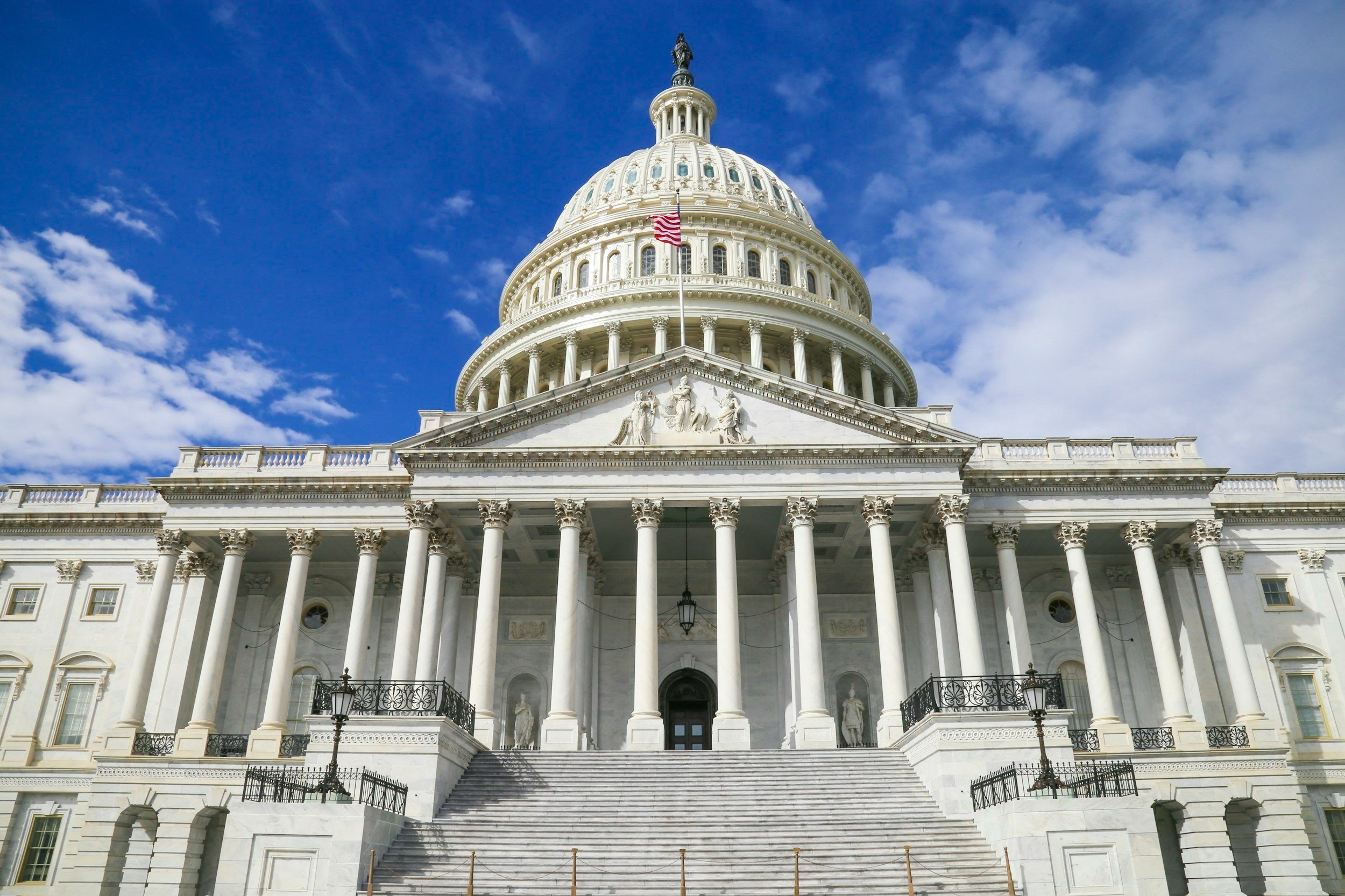More than 1,000 Businesses from Across America Call on Congress to “Get the Job Done and Pass Ambitious Climate Legislation”
Washington, D.C. — Today, more than 1,000 businesses called on President Joe Biden, Senate Majority Leader Chuck Schumer, and members of Congress to invest in the economic well-being of the nation and the health of communities across the country by passing ambitious climate legislation that will put the U.S. on a path to solving the climate crisis.
The businesses hail from all 50 states, the District of Columbia, and the Virgin Islands, employ more than 350,000 Americans, and range in size from billion-dollar multinational industries to Main Street retailers. Generating more than $200 billion of cumulative revenue annually, they represent sectors across the U.S. economy— including construction, energy, agriculture, real estate, travel and tourism, financial services, healthcare, and more. Binding them together is both their shared understanding that climate change is already harming their businesses and the U.S. economy and their shared sense of urgency that Congress must act soon to address it.
“Get the job done now and pass ambitious climate legislation to put our country and our world on a path to solving the climate crisis,” they wrote in the letter. “We are counting on you to act boldly.”
In the letter the businesses are calling for the lawmakers to:
▪ Meet the urgency and scale of the climate crisis with ambitious federal investments to accelerate the transition to affordable, secure, domestic clean energy.
▪ Seize the economic opportunities to lead the world in clean energy manufacturing and deployment and create jobs, spur innovation, strengthen supply chains, and reduce costs and volatility for businesses and consumers.
▪ Tackle inequity by targeting climate and clean energy investments in disadvantaged, rural, and frontline energy communities.
The letter comes as negotiators in the U.S. Senate work to finalize a long-sought package of climate, clean energy, advanced manufacturing, and environmental justice investments that are critical for the U.S. to meet its climate and economic goals.
“Businesses of every size and sector are speaking out as climate change puts all of our businesses at risk,” says Kellee James, CEO of Mercaris, a Maryland-based commodity market data service company that signed the letter. “Climate change is severely disrupting supply chains, dislocating employees, interrupting manufacturing and distribution operations, and causing other impacts in every region of our nation. The costs are only going to mount until we start taking steps to turn the tide.”
“Our business is already severely impacted by extreme weather events and drought that will only get worse and more costly if action is not taken” Minnesota grain and livestock farmer Dawn Breitkreutz, explained. “We work hard to mitigate our impact through adoption of regenerative farming practices,
and many farmers are at the forefront of addressing climate change. But we will be back in the dustbowl and unable to meet the world’s food demands if we do not scale up support for farmer innovation and practices to improve soil health and build resilience across America.”
“Operating in all 50 states, Holcim is proud to lead the construction materials industry in developing more sustainable ways to build," said Michael LeMonds, Vice President, Holcim US. "But we can’t act alone. We’re excited to see the U.S. enact the policies and investments that will help us and others accelerate the shift to innovative clean industrial practices that are good for the climate and good for business. Congress must not miss this chance to cement the U.S. as a global leader by developing the manufacturing capacities and supply chains necessary to support a clean-energy economy that is built for the future.”
“I wonder how much longer people will want to come visit beaches blighted by red tide, visit mountains with no snow, or hike forests filled with smoke from wildfires” pondered Jared Meyers, CEO and Founder of Legacy Vacation Resorts in Florida and the Southwest. “We see the effects of climate change right now on our business and it will be catastrophic for us if it is not addressed.”
“Entire industries like ours are at risk if we don’t act,” said Chris Steinkamp, Head of Advocacy for Snowsports Industries America. “Our $79 billion industry is dependent on consistent winter seasons which have already become shorter, and climate impacts are already disrupting business across our supply chains and retail networks.”
The letter is the latest in a series of efforts across the U.S. pushing Congress to adopt ambitious climate investments. In recent weeks, federal lawmakers have heard from nearly two-dozen U.S. governors, a diverse coalition of U.S. athletes, the Outdoor Industry Association, and nearly 50 large enterprises in separate letters urging a climate deal. Advocates, lawmakers, and others closely following the months of debate and negotiation in the Senate generally believe a deal must be struck this summer in order to be finalized during this session of Congress.
View the letter to lawmakers and the 1000+ signers here.
About Businesses for Climate Action
Businesses for Climate Action is an ad hoc group of business associations and organizations that joined forces to develop a sign-on letter to lawmakers calling for passage of ambitious climate legislation. The core organizing groups behind the statement are: American Sustainable Business Network (ASBN), B Lab US and Canada, Climate Collaborative, Climate Neutral, EcoAthletes, The Green Business Network at Green America, Pet Sustainability Coalition, NH Businesses for Social Responsibility, and Snowsports Industries America (SIA). They networked with an additional thirty-five business associations and sector groups from across the U.S. to reach out to businesses to ask them to sign-on to the statement.
Media Contact: Helen Booth-Tobin, booth-tobin@ceres.org, (617-247-0700 ext. 214)

